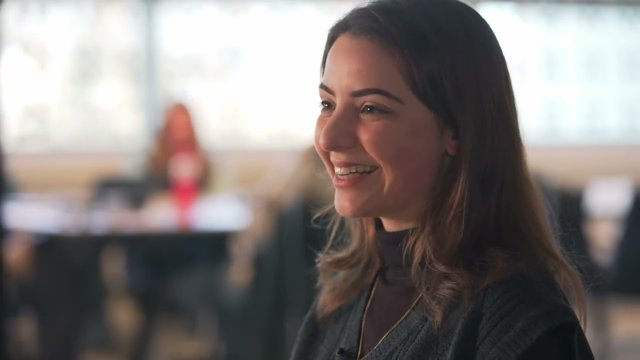During your Master’s in Geo-Information Science and Earth Observation (GEO), you will collect a total of 120 EC within two years. In addition to the three mandatory courses of the Master’s, you will take four specialisation courses and elective courses. You can also do an optional internship and complete your studies by writing your master’s thesis.
Structure
YEAR 1 | NUMBER OF EC |
|
|---|---|---|
Compulsory courses Mandatory courses for all students of the Master’s. | 25 EC | |
Specialisation courses Mandatory courses for all students of the specialisation in Water Resources and Environmental Management. | 28 EC | |
Elective course You can choose a course that matches your interests and career ambitions. | 7 EC | Some examples of elective courses you can take are: |
YEAR 2 | NUMBER OF EC |
|
Individual study programme | 15 EC | In the second year, you can personalise your individual study programme by doing an internship or taking elective courses. |
MSc research proposal and MSc research | 45 EC | You will complete your Master’s in GEO by writing a master’s thesis. Your research theme is defined by the research group that is part of the respective specialisation. In Water Resources and Environmental Management, you will conduct your research within the research group Water Cycle and Climate. |
Total EC | 120 EC |
|
Internship
In the second year of your Master’s in Geo-Information Science and Earth Observation, you can apply the knowledge and skills you have acquired during your studies by doing an internship at an institute for applied research in the field of water and subsurface, government, marine science research and technology institution, company that provides satellite-derived climate data solutions, non-governmental organisation, or water resources agency in the Netherlands or abroad. ITC has a broad network of organisations where you can do your internship project.
Examples of internships that students have done are:
- "Testing the density module of MODFLOW6 on a case considering fresh groundwater extraction in a fresh-saline groundwater environment in the province of Zeeland, the Netherlands” at Deltares, the Netherlands
- "Time series comparison of FAO WaPOR and EARS actual evapotranspiration datasets in Africa” at eLEAF, the Netherlands
- "Satellite-derived shoreline validation in Senegal” at National Oceanography Centre, the United Kingdom
Master's thesis
You will complete your Master’s by writing your Master’s thesis. Your research will be part of the research group Water Cycle and Climate and you will write your thesis under the supervision of one of the professors in that research group. You might use sensors to determine the water quality of vulnerable wetlands and then replicate the research by applying satellite images for a multi-quality assessment. Or you can develop a soil moisture-based irrigation system that gives stakeholders insights into the current soil moisture condition in a given area, so they can improve crop production.


